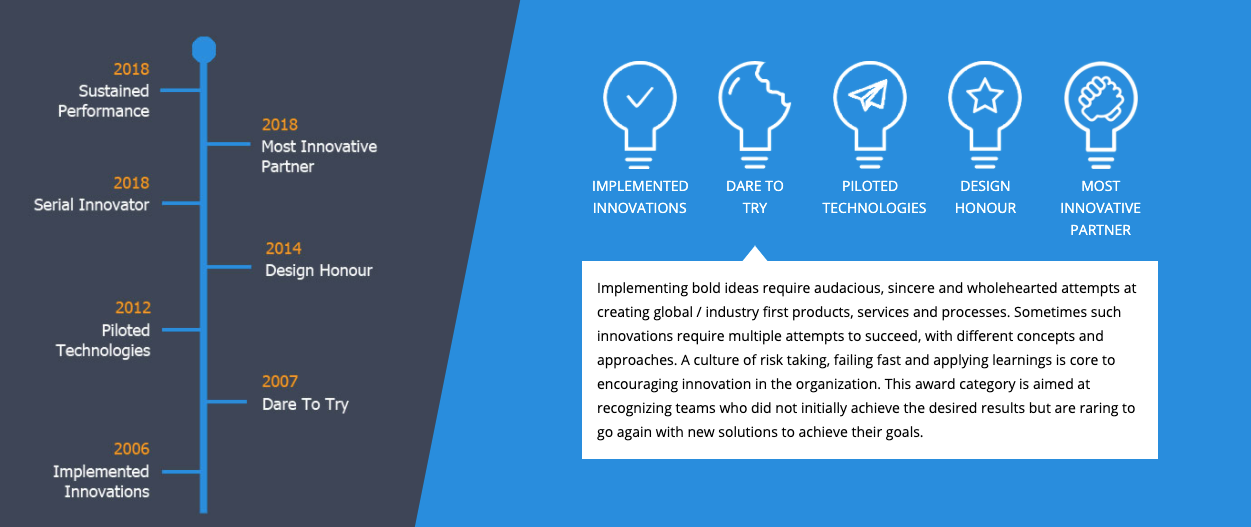How to fail your way to success
Culturally there is still a lot of shame attached to not knowing the answer to something.

In most companies - failure is just not an option.
Certainty is lauded, uncertainty is death.
But the route to unlocking opportunity is not through the door of certainty.
It's a rocky road of trial and error, it's about experimentation; trying, failing and learning from mistakes.
This ugly and challenging process is the kernel of innovation.
'Innovation should leverage a company’s internal core expertise, whether that is market research, marketing, engineering, R&D, manufacturing or distribution. It should combine with external sources of expertise, be that customers, vendors or suppliers, academia, and even competitors, in order to develop new products or services.'
'The process of making innovation an integral part of an organisation’s DNA requires a willingness to accept creative failures.'
Case study of embracing failure as a route to success
'With this in mind, the Tata Group Innovation Forum (TGIF) introduced an award, entitled ‘Dare to Try’, in the company’s annual recognition programme on
innovation. '

'The award is given to teams that make an unsuccessful, but audacious, attempt to innovate.'
'The award received sceptical response in its first year, as the contesting teams were, at first, hesitant to share their failures. However, over the last few years,
the perception of this has changed, and the number of teams that participate have increased manifold. Yet, the purpose of the award is not to encourage teams to fail.
It is simply to encourage those who, ordinarily, would cease to try after experiencing a setback.'
'The Dare to Try award was introduced in 2007 and, coupled with other TGIF categories, now amasses over 3,000 submissions, from more than 75 separate Tata
companies, on an annual basis.'
One result of this intervention was...
'Demonstrating the use of setbacks to achieve final success can be seen in Tata Swach — the low-cost water purifier that began its journey in the laboratories
of Tata Consultancy Services (TCS, an IT-solutions company of the group). After several setbacks and early R&D successes, the product finally met standards set
by America’s Environmental Protection Agency. This spirit of experimentation led to several innovations and patents being filed, including the use of nano-coatings in rice-husk ash — a plentiful substance in India — to ensure the efficacy of purification.
Within a year of its launch in January 2010, the business was able to sell close to half a million purifiers, making it one of the fastest-selling purifiers in India.' - via
Culturally there is still a lot of shame attached to not knowing the answer to something.
Implementing a company-wide program of celebrating failure through active experimentation will take significant amounts of change management work and long-term leadership coaching. In most companies there are still way too many naysayers (another word for an accountant, or anyone working in HR) to even attempt to have the conversation.
But encouraging failure and experimentation should certainly be a top post-pandemic priority for every organisation.

